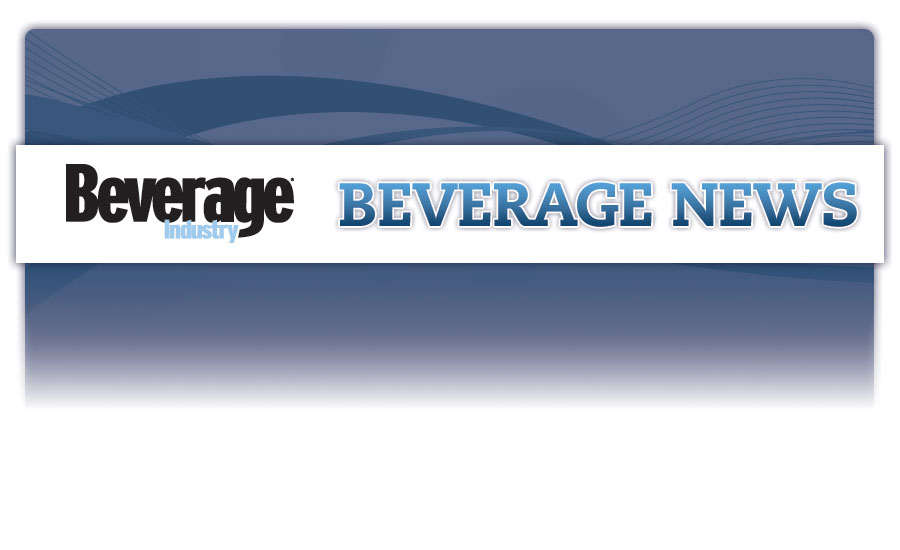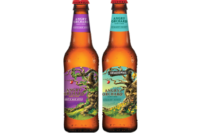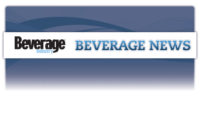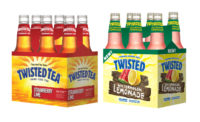The Boston Beer Co. Inc., Boston, reported second quarter 2015 net revenue of $252.2 million, an increase of $20.6 million or 9 percent versus the same period last year. This increase is mainly due to core shipment growth of 7 percent, the company says.
Net income for the second quarter increased 16 percent to $29.9 million, or $2.18 per diluted share, an increase of $4.5 million or $0.30 per diluted share, from the second quarter of 2014. This increase was primarily due to shipment increases, improved gross margins and a slightly lower income tax rate, partially offset by increased investments in advertising, promotional and selling expenses, it says.
Net revenue for the 26-week period ending June 27 was $451.7 million, an increase of $36.3 million, or 9 percent, from the comparable 26-week period in 2014.
The company reported that depletions grew 6 percent and 7 percent from the comparable 13- and 26-week periods in the prior year. It also stated that gross margin was 54 percent for the second quarter and 52 percent for first half of the year, with the company maintaining its full-year gross margin target of between 51 and 53 percent.
"Our total company depletion trends of 6 percent in the second quarter of 2015 have slowed in comparison to prior quarters due to some developing weakness in our Samuel Adams brand,” said Jim Koch, chairman and founder of The Boston Beer Co., in a statement. “While our total growth is testament to our strategy of a diversified brand portfolio, our Samuel Adams trends appear to represent a very competitive category where drinkers are facing greatly increased choices and established brands are being impacted. We believe that quality, freshness, innovation and variety will be the basic requirements for success in this environment.
“We believe that craft beer will continue to grow and that we are positioned to share in that growth through the quality of our brands and beers, our innovation and speed to market capability and our sales execution, along with our strong financial position and ability to invest in growing our brands,” he continued. “We were delighted to learn that, for the seventh year in a row, our distributors ranked us the number one beer supplier in the industry, in the annual poll of beer distributors conducted by Tamarron Consulting, a consulting firm specializing in the alcohol beverage distribution industry. This is a testament to the efforts of all Boston Beer employees to service and support our distributors' businesses and to the relationships we have built with them."
Martin Roper, president and chief executive officer of The Boston Beer Co. added: "In the second quarter, our depletions growth benefited from strength in our Angry Orchard, Twisted Tea and Traveler brands that offset declines in some of our Samuel Adams styles. The decline in some of our Samuel Adams styles is due to increased competition, which particularly impacted Boston Lager and some of our seasonal beers. Accordingly, we have decreased our expectations for full-year depletions growth to between 6 percent and 9 percent to reflect the most recent trends. We are working hard to improve the Sam Adams brand trends and in the second half of the year we expect to introduce new packaging and advertising to support our planned promotional activity.
“The national rollout of our Traveler brand is currently in progress supported by national media and in mid-July we began our national rollout of Coney Island Hard Root Beer,” he continued. “Both these rollouts are being well-supported by distributors, retailers and drinkers. We are pleased with Traveler's progress this year, but it is too early to tell how successful the Coney Island Hard Root Beer introduction will be. We are planning continued investments in advertising, promotional and selling expenses, as well as in innovation, commensurate with the opportunities and the increased competition that we see.”
The company also reported that advertising, promotional and selling expenses increased by $5.4 million or 8 percent in the quarter, primarily due to planned increased investments behind the company's brands. Full year 2015 depletions growth is now estimated to be between 6 and 9 percent, a decrease from the previously communicated estimate of 8-12 percent.



